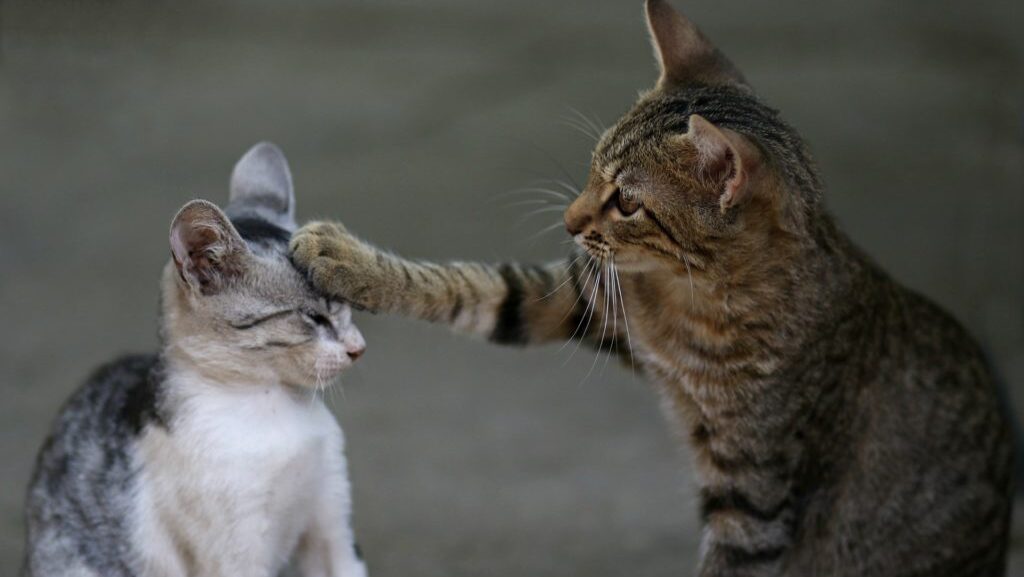Is it always a good idea to do the best you can do? This question came up recently in a therapy session and catalyzed me to look more deeply into the nature and implications of this common assumption.
The man with whom I was working felt it essential that he always do his best. In his case, this inclined him to constantly measure himself as to whether he had acted at this optimal level. He confessed that very often he was stuck in analyzing the past, debating whether his words or behavior were the very best choice. When he wasn’t stuck in that groove, he was typically fretting over future decisions, concerned that they also might not be the very best choice. The nature of his inner voice was highly self-critical, addicted to measuring his actions.
Doing the best you can sets up a never-ending competition within one’s own psyche. Competition has its place in our culture, but can you imagine never getting a time out from competing? People with such tendencies incline toward being perfectionists, and perfectionists are rarely present, as they ruminate the past and worry about the future. (Read my post on The Problem with Perfection here.)
Interested in bespoke marriage and relationship counseling from Mel Schwartz? Reach out!
This man’s wife often complained about his not being emotionally available, and we can readily imagine the impact that his being wed to doing his best might have on his marriage. In fact, I’d argue his was more wed to this compulsion than to his wife.
I am not proposing that we shouldn’t selectively choose endeavors in which we really might try our hardest. Selectively doing your best makes sense. But proclaiming it as our mantra makes life look like a runaway competition. I believe that if we integrate the wish “I want to be present” alongside “I want to do my best,” we’d begin to enjoy a more balanced life. And when we do choose to proclaim that we did our best, we should truly mean it.
What about Fun?
I have encountered so many people who feel that their performance overarches their enjoyment, particularly in sports. When I was a child, our engagement in athletics was primarily for recreational purposes. The goal was both athletic and fun. Excelling at the sports wasn’t necessarily more important than enjoying the game.
Now, many people tell me that they won’t participate in a sport unless they can excel. When did performance become more valued than having fun? I play golf a few times a year with some good friends. I’m mediocre at best as a golfer, but I delight in the fun and the relief from everyday pressures that it offers. I couldn’t imagine enjoying the game if I had to be good at it. Why do we have to be good? Our cultural penchant for winning, excellence, and maximum performance drives us into a neurotic addiction to self-measurement.
I was recently having a conversation with a young man who was a seeded tennis player. After a while, I came to inquire about his interest in other sports. As we talked further it became very evident that he would only engage in activities in which he excelled. I asked him why that was so and he seemed taken aback by my question. It was nonsensical to him to play at a sport at which he wasn’t superlative. He protested, “What would be the point?” “To have fun,” I retorted. He stated that having fun at something wasn’t his goal; excelling was. I began to see his point. His priority was in excelling, not in enjoying himself.
The word “play” shouldn’t appear in front of the sport for him, as in “playing” tennis. He had to be the best. This activity had little to do with play. I began to consider that, as a culture, we might be losing our ability to play as we subordinate it to winning and excelling. How might that affect our well being? The absence of play sounds rather depressing doesn’t it?
I have never been an accomplished athlete, but I have had immeasurable joy and treasured memories from the pure enjoyment of play. If while playing at a sport I was busily judging whether I were good enough to play, I’d never be present for the bliss of the experience. I have a treasure trove of cherished memories from playing baseball as a boy and young adult. My joy was derived from being in the process of play, trying to win, the camaraderie and spirited engagement with my teammates. We all want to do well, and most of us want to be the best – that’s quite natural. But to refuse to participate because you’re not top tier is quite sad.
I see our culture moving inexorably in this direction, and it screams to me in alarm that we are heading into a very dysfunctional area. I fear that our society is falling into a pathological condition when high levels of performance become the goal, and simple playful pleasure is no longer desirable, let alone permissible. A recent article in Scientific Mind suggests that the emotional and psychological well being of a person might well correlate with how much free play they had in their childhood. If this is valid, we are in deep trouble. And we are perhaps setting up an abusive deprivation of fun for our children.
If you’re of a certain age, you might well recall the notion of free play. My friends and I used to have pick-up games of baseball, basketball or football. They were spontaneously motivated. One kid’s inspiration led to a chain of phone calls and we all managed to meet at a ball field. The immediate concern was whether we had enough players. So the effort to round up sufficient people was very inspired. There was a co-operative, communal effort, which felt really satisfying. And of course, we tried real hard to have our team win. But nobody stayed home because they weren’t good enough. It was simple, unadulterated fun. And it taught us so much about social skills. No coaches, parents or organizations to dictate the rules. We had the opportunity to create them for ourselves. And we certainly benefited from that.
The current generation of children and adolescents are deprived of play. Their experience of what should be play becomes more work, as it is over-organized, scheduled and ultimately graded upon performance. The absence of play in a child’s life is somewhat cruel. To rob our children of being children – as we propel them toward the cultural edict of excellence – demands some serious reconsideration.
Having to do your best implies that you are suffering from a compulsion. In this case, you aren’t acting from free will, but from the compulsion. Trying to do your best selectively and with discrimination is laudable and leaves you in charge of your experience. Life mastery requires balance. Freeing yourself from compulsion is necceasary to enable this shift.
More from Mel…
Podcast #084: The Power of Authentic Self Esteem (Encore Presentation)





Great post, Mel… I think people do confuse the idea of “doing the best they can” with “being perfect at the activity”… I tell my clients all the time that life is not a comparison race, but I fear that I am but a lone voice in their lives. We live in a culture now that promotes winning (esp in sports) over having fun. This starts early in our children’s lives with school sports. No more is there the after school pick up game, it’s all about organized teams, playing to win and feeling inadequate when you’re not the best… Fun? I question the message schools give about sports being fun; they’re not for fun, they’re for competition and winning. (Deep breath) We all look for things we excel in, and that’s a great thing to do, but I also want what we’re good at to be something we enjoy as well. I know someone who is a great accountant, but hates what he does. He really loves art and meteorology but because he was so good in math, felt pushed/compelled to pursue a career that he knew he could excel in even though he didn’t like it. Now I’m working with him to not wait until he retires to pursue what he loves and not leave it on a back burner somewhere lying fallow, waiting until he has time to devote to being “perfect” at it…
Thanks for sharing these important messages… they’re not only great food for thought, but they inspire as well.
As you Know I couldn’t agree more Loren. Thanks for your insights!
Is part of your job diagnosing illness? Do you believe your patient’s behavior is a deliberate choice? That it’s a matter of misplaced priorities? Might he be suffering from OCD? “Suffering” is the operative word here. “Doing the best (one) can” doesn’t in itself lead to any sort of compulsive behavior. Is this patient so ignorant that you have to enlighten him with regard to the importance of “a more balanced life”? Do you tell him to just relax? Do you tell depressed patients to cheer up?
If we don’t routinely and critically examine our assumptions about why our patients suffer, we risk doing more harm than good.
Hi Jennifer,
You’ve asked many questions here so I’m trying to distill them. I try not to make assumptions about what underlies my client’s challenges but I do find that there is a common meme in our culture that one should always do their “best.” I’m proposing that this sets up a compulsion, which leads to many issues. If someone isn’t a peace to simply be, the results are predictable.
You ask, ‘Is part of my job to diagnose illness?’ I try not to get caught up in diagnoses as much as to appreciate what the presenting problems are, to understand what makes this unique individual challenged in their life. Our behaviors are often not deliberate choices, but I assist people in looking at thier operating beliefs that are informing their behaviors.
Great article, Mel. I, myself have the tendency to push myself to be the best. I always strive to go one step further thinking perhaps I must not have done my best earlier and people would end up thinking less of me. Thinking back, perhaps it has something to do some kind of childhood trauma or past bad experiences which leads us to strive to do our best. Could it be a kind of attention-seeking or trying to gain praise even if we are adults?
Hi Venita,
Yes it might very well trace back in such a way. You might want to read my article, “Collapsing the Wave,” which speaks to how such childhood traumas actually work.